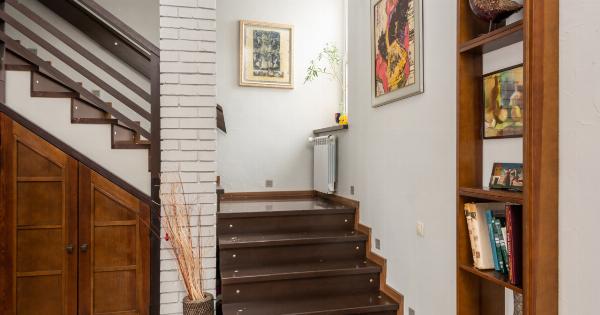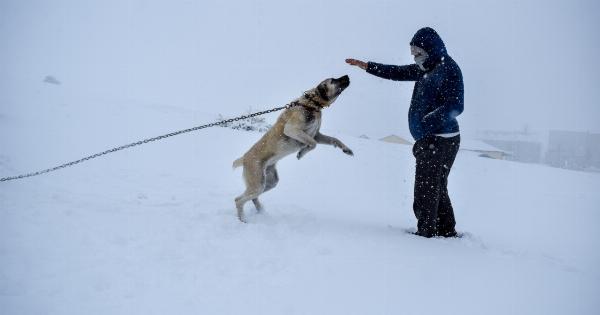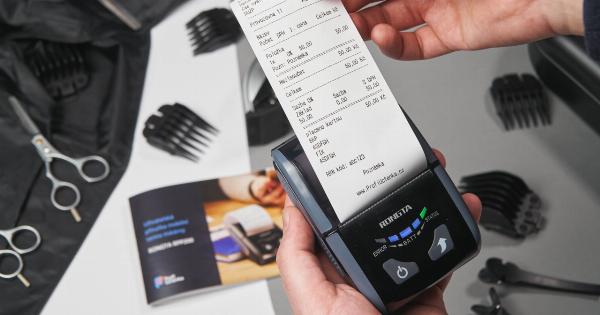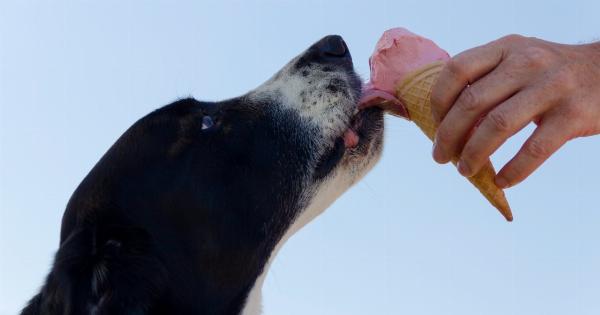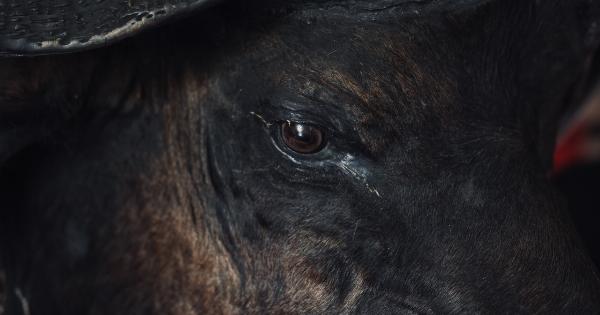Dogs have been our companions for centuries, providing us with love, loyalty, and comfort. It is no wonder that dogs are referred to as man’s best friend. Over time, dogs have become more than just pets, but members of our families.
We often develop strong bonds with our dogs, where trust plays a significant role. In this article, we explore what it means for a dog and its owner to trust each other.
What is Trust?
Trust is the confidence we have in something or someone. It involves having faith that someone or something will behave in a certain way. In any relationship, trust is essential, whether it is human or animal.
Trust is built over time and is a result of consistent behavior. Trusting someone or something means believing that they have your best interests at heart. To have a successful relationship with your dog, trust is crucial.
Building Trust With Your Dog
Building trust with your dog is an ongoing process. It involves understanding your dog’s needs and preferences. Dogs are intelligent animals and can pick up on our emotions. It is essential to approach your dog with a calm, positive attitude.
Dogs respond well to routine, and it is important to establish consistency in the way we behave around them.
One of the best ways to build trust with your dog is to spend quality time together. You can take your dog for a walk, play with them, or cuddle with them while watching TV.
Spending time with your dog builds intimacy, which strengthens the bond between you and your furry friend. Positive reinforcement is also vital in building trust. Reward good behavior with treats or praise, and avoid negative reinforcement. Avoid behavior that will scare or intimidate your dog as it will create distrust.
How Trust Affects Your Dog’s Behavior
When a dog trusts its owner, it affects its behavior. A trusting dog is more relaxed, happy, and confident. Dogs that trust their owner are also more obedient, knowing that their owner has their best interests at heart.
A trusting dog will also express affection more freely, snuggling with its owner, wagging its tail, and showing other signs of love. Trusting dogs are also less aggressive, making training more comfortable, and they are less likely to exhibit destructive behavior, such as chewing or digging.
How Trust Affects Owner’s Behavior
Trust is a two-way street, and how an owner behaves around their dog affects the level of trust between them. If an owner approaches their dog with hostility or fear, it creates an atmosphere of distrust.
In contrast, an owner who is calm and supportive will create a trusting environment. When an owner trusts their dog, they are more relaxed, which makes it easier to communicate and train the dog. Trusting owners are more likely to recognize their dog’s needs quickly and respond appropriately.
The Importance of Trust During Training
Dogs that trust their owner are more receptive to training. If your dog trusts you, it will be more confident and cooperative during training sessions. A trusting dog will follow commands willingly, making training more manageable and efficient.
On the other hand, a dog that does not trust its owner will be less receptive to training, making it difficult to achieve desired behaviors. Furthermore, positive reinforcement, which is vital in training, is only effective when there is trust between the owner and the dog.
Trust and Separation Anxiety
Separation anxiety is a common problem among dogs. When a dog is left alone, it can become anxious, leading to destructive behavior or excessive barking. Separation anxiety can be reduced by building trust between the owner and the dog.
A dog that trusts its owner will feel secure when left alone, knowing that the owner will return. Dogs that trust their owners are more relaxed and content when left alone, reducing the risk of separation anxiety.
Trust and Medical Procedures
Medical procedures can be stressful for dogs, creating a feeling of vulnerability and confusion. When a dog trusts its owner, it is easier to manage medical procedures such as injections or check-ups.
A dog that trusts its owner will be more receptive to medical procedures, making them more comfortable and less stressful. Trust also makes it easier for owners to recognize when their dog requires medical attention and to seek help promptly.
Conclusion
The bond between a dog and its owner is a special one built on love, loyalty, and trust. Trust is an essential ingredient in any healthy relationship, and it is vital when it comes to a dog and its owner.
Building trust between you and your dog takes time, consistency, and patience. A trusting dog is more relaxed, happy, and obedient, making it easier to communicate and train them. Trusting dogs are less likely to exhibit destructive behavior or suffer from separation anxiety, making them better companions.
Remember to approach your dog with positivity and respect, and the bond between you and your furry friend will only strengthen.











